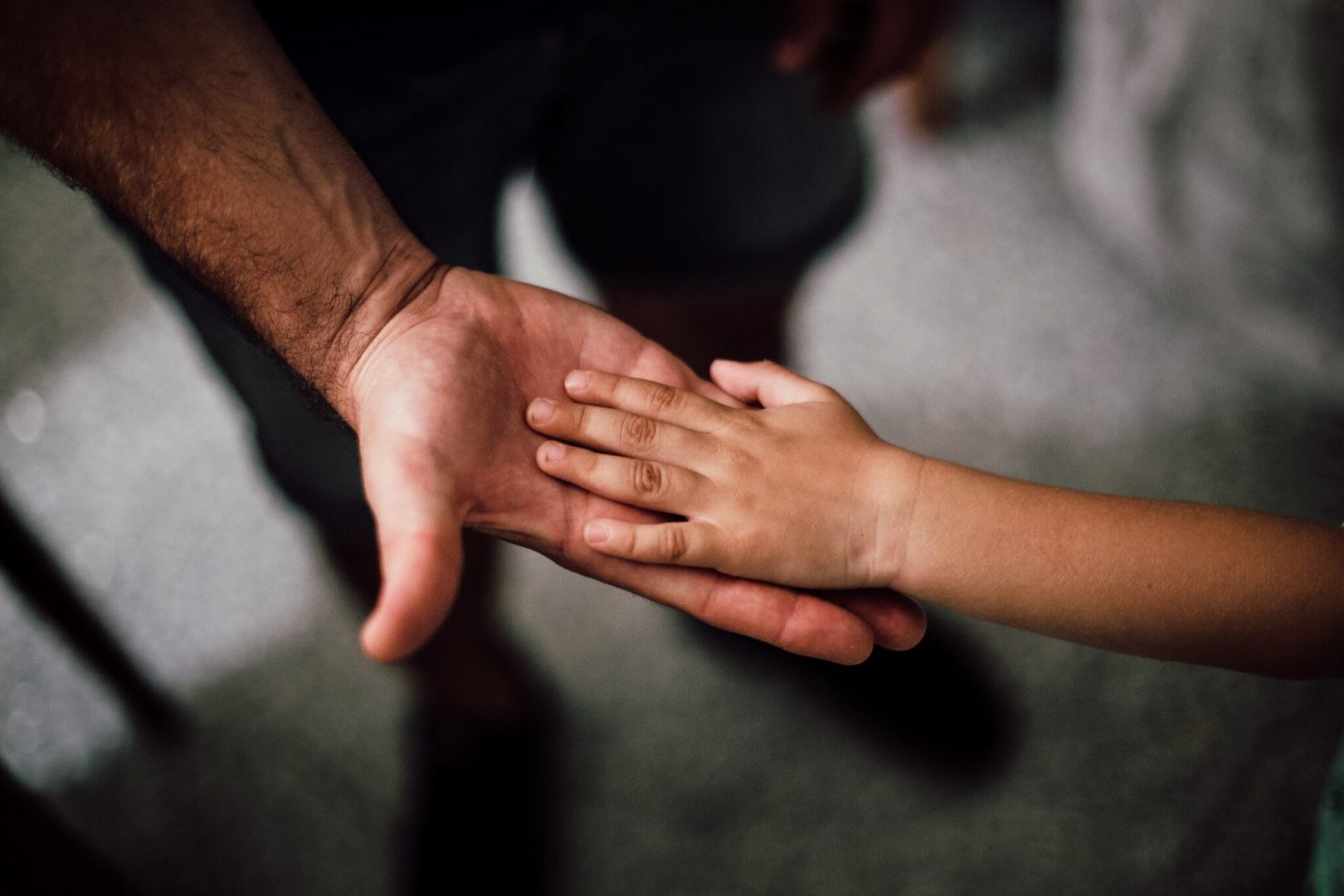Engaging in warm, supportive fathering is shown to support the emotional and social development of your child. Spend time with them. A safe and loving home is the foundation for a happy and healthy life.
- Check in with your children – understand how they are feeling. Learn to read their signals – address the root causes of their stress.
- Engage in warm, supportive fathering. Children who have fathers who consistently spend time with them in warm, positive engagement, have fewer emotional and behavioural problems.
- Check for signs of uncertainty – make sure they feel comfortable and safe.
- Have family meetings where you can discuss feelings.
- A safe and loving home is the foundation for a happy and healthy life.
1. Check in every day
Spend a few minutes one-on-one with each of your children every day to check in. If you don’t live with your child, check in and give them a phone call or FaceTime.
Soon it will become an integral part of your day and theirs, for you to check in on how they are coping, emotionally, physically and socially. This habit will also strengthen your relationships and communication with your children. As they grow, the nature of these routines will evolve – the important thing is to keep up the habit of spending time together.
Top Tips everyday connecting
- Make time to connect at home together each day if possible. When you get home from work, around the table at dinner time, or at bedtime.
- Check in with each child for a chat about what they have been doing, how they are feeling and any news they have.
- Really ‘BE THERE’. Put away the phone and connect with your kids.
- Create opportunities to communicate. You never know when your child will open up to talk about something really important to them.
- Listen to them and get to know about your child as an individual. Their thoughts, their feelings, likes and dislikes, their friends and their dreams.
2. Reading their signals
Learning to recognise the signs of when your child is struggling emotionally because they are over tired, not feeling well, frustrated, scared, or overwhelmed will help you to better understanding of their needs and behaviours. Learn to understand how they are feeling and treat the root causes of your children’s stress.
Check for signs of uncertainty amongst your children. Make sure they feel safe, comfortable, and secure in the home environment, at school, and with their friends. Understanding how your children are feeling, through communicating, is key in addressing the root causes of their stress.
Top tips for reading their signals
- Watch for signs your child is not feeling comfortable, with a hug, a tickle or rough play.
- Look for signs of fear or uncertainty when your child is doing something new or challenging so you know when to step in for support or when to stop the situation.
- Teach your child how to say ‘no’ or ‘stop’ and other ways to communicate when they have had enough, don’t want to do something or what to stop something that makes them feel uncomfortable.
3. Talk about body boundaries.
Teach your kids that if they are uncomfortable, they should say “no,” and it is the other person’s responsibility to listen and stop immediately.
Top tips for talking about being safe
- Talk to your children about personal space and body boundaries. What is okay and what is not.
- Teach your child how to say ‘no’ or ‘stop’ and other ways to communicate when they have had enough, don’t want to do something or want to stop something that makes them feel uncomfortable.
- Teach your child about consent. For younger children – Asking if it is okay to give someone a hug. For older children explaining that they have the right to decide what they are/aren’t okay with regarding personal space and physical touch.
- Teach them to trust their feelings. If it doesn’t feel right to them, they should say ‘no’ or ‘stop’ and tell you about it as soon as they can.
- Try some ‘What if…?’ Scenarios. ‘What if someone gives you a big hug and you don’t like it?’ ‘What if someone is hurting you when you are playing?’
For older children include conversations about inappropriate behaviours, such as adults or older kids making inappropriate comments, asking them to keep secrets, taking or showing them pictures of a sexual nature.



